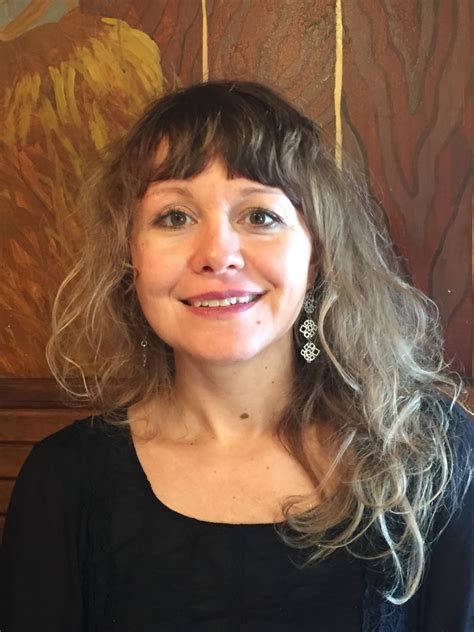A Quote by Brandon Sanderson
When I do research, I cast my net very widely and then snatch what feels right out of that. Occasionally I'll read a specific book for a specific book, but usually I'm trying to increase my general understanding.
Related Quotes
When I'm writing a book, generally I start with the mood and setting, along with a couple of specific images?things that have come into my head, totally abstracted from any narrative, that I've fixated on. After that, I construct a world, or an area, into which that general setting, that atmosphere, and the specific images I've focused on can fit.
There's a great temptation to throw things in, as you put it, that you think are neat, or that you have a very clear, specific memory of and think you could do a good job writing about. What I find is that it's like a seed you plant. You can try it, and if it will grow and connect with other ideas in the book, and you can see connections that you can actually realize on the page, then you're allowed to leave it in. But if it just kind of lies there and doesn't really add up to anything or there's no chemistry with everything else going on in the book, then you have to take it out.
The book on my nightstand right now isnt anything that inspired me, but it entertained me. I read a book on Labor Day, it was a holiday, and I have three daughters, and we all went to the shopping mall and I sat on the bench and read a book while they shopped, it was called The Greatest Golfer there Ever Was, it was a great book, easy to read and entertaining.
The fans reacted very positively to me being cast [The Mortal Instruments] which, as a Twilight or Harry Potter franchise, when you read a book and you have someone in your mind or you have a vision and then they're cast in real life, it can go either way. So I was very, very honored and happy that they were excited.
Finding a title for a book is something that I work really hard at ... So, in Salt, I realized that the book was a lot about how people live on the earth together and who has access to the resources of the earth. So salt was a very specific thing that people needed, but it's also symbolic because of the way it comes out of the earth.
To me, when one is writing sometimes about a very specific subject with very specific people, I feel like if that story doesn't cross over, it's not working. That's very beautiful to me, to be sitting in Berlin and there's an actor reading my book in German. I don't even know what's going on, except I know to feel my own rhythms in another language and say, "If this is going well, I think everyone should laugh around now." Then maybe there's laughter, and for me, it reminds me of how story can move around the world.






































